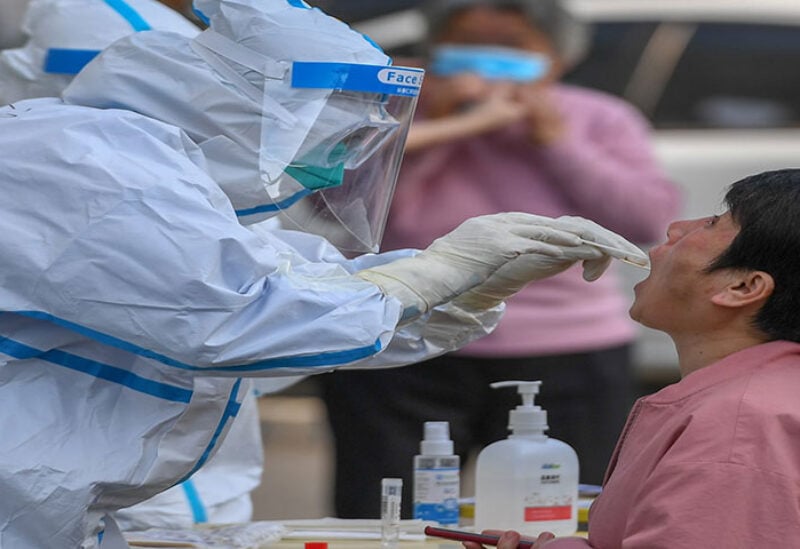
Covid-19 cases in China
The Chinese Drug Administration has granted emergency permission for the country’s first specific medication against COVID-19, which has been shown in clinical studies to drastically reduce hospitalizations and fatalities among high-risk patients.
The action comes as regulators throughout the world approve therapies – notably for high-risk individuals – amid concerns about the novel Omicron type.
China is also dealing with an increasing number of studies indicating that its vaccinations have poorer effectiveness rates than many of those manufactured elsewhere.
China’s National Medical Products Administration announced Wednesday that it had granted “emergency authorisation” for a monoclonal antibody therapy.
A monoclonal antibody is a kind of protein that binds to the coronavirus’s spike protein, decreasing the virus’s capacity to penetrate the body’s cells.
The treatment consists of a mixture of two medications provided through injection and can be used to treat select instances that are at risk of worsening in severity, according to the drug regulator.
Tsinghua University, the Third People’s Hospital in Shenzhen, and Brii Biosciences collaborated on its development.
Tsinghua University stated in a social media statement late Wednesday that trial data revealed that the combo therapy might lower the chance of hospitalization and mortality in high-risk patients by roughly 80%.
According to a state media report last month, the medication has also been used on individuals afflicted in local flare-ups.
China is the most recent country to authorize comparable COVID-19 medicines, with British authorities also approving an antibody therapy last week.
Antiviral drugs that reduce sickness by limiting the virus’s ability to multiply within the body have also been licensed for emergency use by EU health authorities.
While tablets are more convenient, the most effective COVID therapy now requires monoclonal antibodies supplied through drip.
China also possesses numerous conditionally authorized vaccinations, although their stated effectiveness rates trail those of comparable vaccines developed in other countries.
A research released last month by Hong Kong’s Chinese University discovered that those infected with the BioNTech vaccine had much greater antibody levels than those inoculated with China’s Sinovac, adding to the findings of two earlier studies in Hong Kong and the mainland.
The T-cell response — white blood cells that remember how to fight illness – was shown to be significant in Sinovac patients.
Hong Kong has begun to urge citizens who had Sinovac vaccinations to have a third booster shot to improve their immunity.